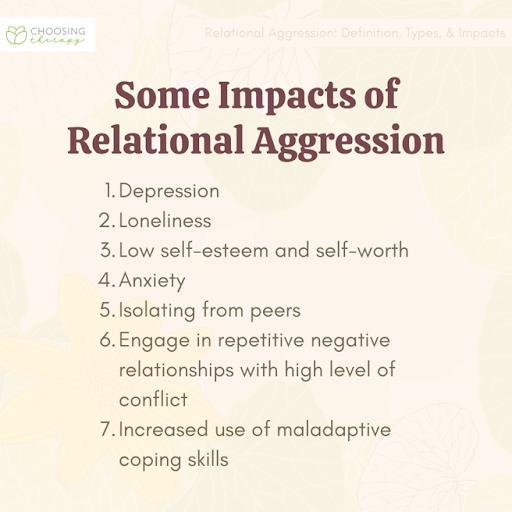Book Review: No More Mean Girls
Book Review
No More Mean Girls by Katie Hurley, LCSW
“On Wednesdays, we wear pink…”
Relational Aggression
Unlike physical aggression, Relational Aggression is aggression aimed at damaging
someone’s relationships or social status. This is common amongst adolescents, although can
occur at any age. Examples may include spreading rumors, intimidating, embarrassing someone,
or excluding them from a group. There are a lot of potential reasons behind why one might
engage in relational aggression, including the desire to maintain social power in a group or social
standing with peers. This is a trickier form of bullying because it often is difficult to notice by
adults (unlike a physical fight on the playground). A lot of times, the perpetuators might be a
surprise to adults! A few stats from the book…
A few stats from the book…
In 2008, the Dove Self-Esteem Fund released data collected in a large (4,000+ girls) survey of girls aged 8-17:
70% of girls felt that they are not good enough or do not measure up
62% of girls felt insecure or unsure about themselves
75% of these girls reported engaging in negative behaviors (like cutting, eating disordered behaviors, bullying, etc.)
A 2006 study from Girls, Inc reported:
56% of respondents agreed that girls are supposed to speak softly and not cause trouble
44% of respondents agreed that the smartest girls are not the most popular
60% reported feeling stressed
69% reported feeling concerned about their appearance
74% indicated that they were under a lot of pressure to please others
45% were told not to “brag” when they did things well
But also…
“The Dove Self-Esteem Fund reports that the top wish among all girls is for their parents to
communicate better with them.” -- THIS IS SO IMPORTANT!
Very overwhelming information! However, Katie Hursley’s book, “No More Mean Girls,” gives
parents (and others) hope and strategies to help. This book talks about the different kinds of
relational aggression (e.g., bullying excluding, high pressure, etc.) and gives examples of things
to look for. But, most importantly, Ms. Hursley gives a ton of great resources, suggestions,
examples, and strategies that parents can do with their kiddo at home. These skills can be
adjusted based on the age of the kiddo and do not read as “too therapisty.”
Make sure you check on this great resource!
